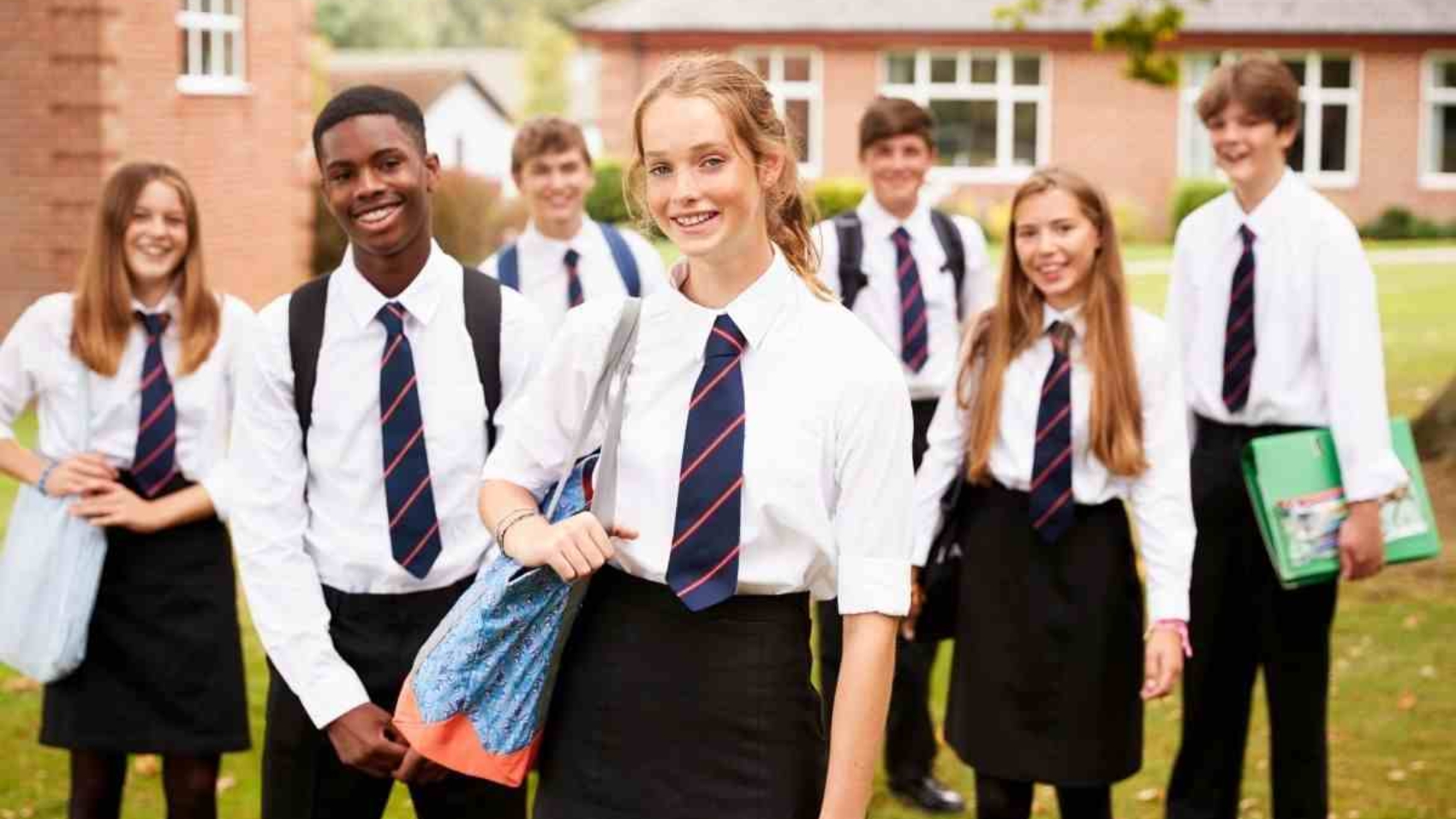- SOURCE:
- Rumeana Jahangir
- BBC News
- 25 April 2024
Teachers in the north west of England say they are having to go beyond their remit to give support to disadvantaged pupils, a survey has found.
About 520,000 (43%) pupils are estimated to be experiencing a range of external challenges that are impacting their education, according to the Action for Children charity.
Teachers said they were becoming the first port of call for parents who did not know where to get help, providing emotional support, and even essentials like food and clothing.
The charity has now called on the government to promote the use of family liaison officers in schools and make it a legal requirement for councils to provide early help services.
A spokeswoman for the Department for Education said they were providing “additional support for disadvantaged pupils”.
The Action for Children survey, which gained responses from about 800 teachers in north-west England, reported the most common barriers to education were:
- living in an unstable family environment (68%)
- behavioural or emotional issues (65%)
- mental health challenges (55%)
- poor attendance (46%)
- poverty (44%)
‘You worry about them’
Many teachers said they were becoming the first port of call for parents who did not know where to get help.
They said they were increasingly having to go beyond their remit to provide emotional or family support or essentials like food and clothing.
Many teachers said it was hindering their ability to teach and they were experiencing an emotional toll on top of heavy workloads.
One secondary school teacher said: “When you’re not with them you’re worrying about them thinking, even though I feel like I’m at capacity, if I did this extra thing that could really make a difference.”
Just 3% of the region’s teachers polled believed that pupils facing challenges will reach their expected grades by the end of this academic year.
The charity said there was also a north-south divide, with teachers in the north and Midlands more likely than teachers in the south and east to report that at least half of their pupils were experiencing barriers.
Rosie, from Wirral, is someone who has received support from the charity.
It started when she had felt stressed with her school workload which ultimately impacted her relationship with her parents.
The 14-year-old told BBC Merseyside: “I felt that it changed my relationship with my parents but it also meant I had less free time because I was always working to get the homework done so that I wouldn’t get into trouble.”
The charity gave the family somewhere outside of the school environment to turn, when they were given help from external trained workers.
Rosie’s mother, Isabel, said: “We try to be a supportive family and not every family has that.
“But also we are a family where parents work and in order to maintain that life… sometimes you need someone somewhere else to go to.”
Government funding
Helen McKee, Action for Children’s operational director for the North West, said: “In this general election year, it’s vital that all political parties focus on children – including what they need both inside and outside school.”
The charity is calling on government to support all councils to integrate their early help, early intervention and family services so there is “one front door”.
A government spokeswoman said: “We are taking a range of steps to improve attainment and outcomes for all pupils, with additional support for disadvantaged pupils.”
She said they had invested £1bn in tutoring since the pandemic and are increasing pupil premium funding to £2.9 billion in 2024-25.
“This comes on top of our ongoing £10 million Behaviour Hubs programme and £9.5 million for up to 7,800 schools and colleges to train a senior mental health lead.
“Thanks to our fantastic teachers and school leaders, and our package of wide-ranging reforms, there were 440,000 fewer children persistently absent or not attending last year alone.”

























